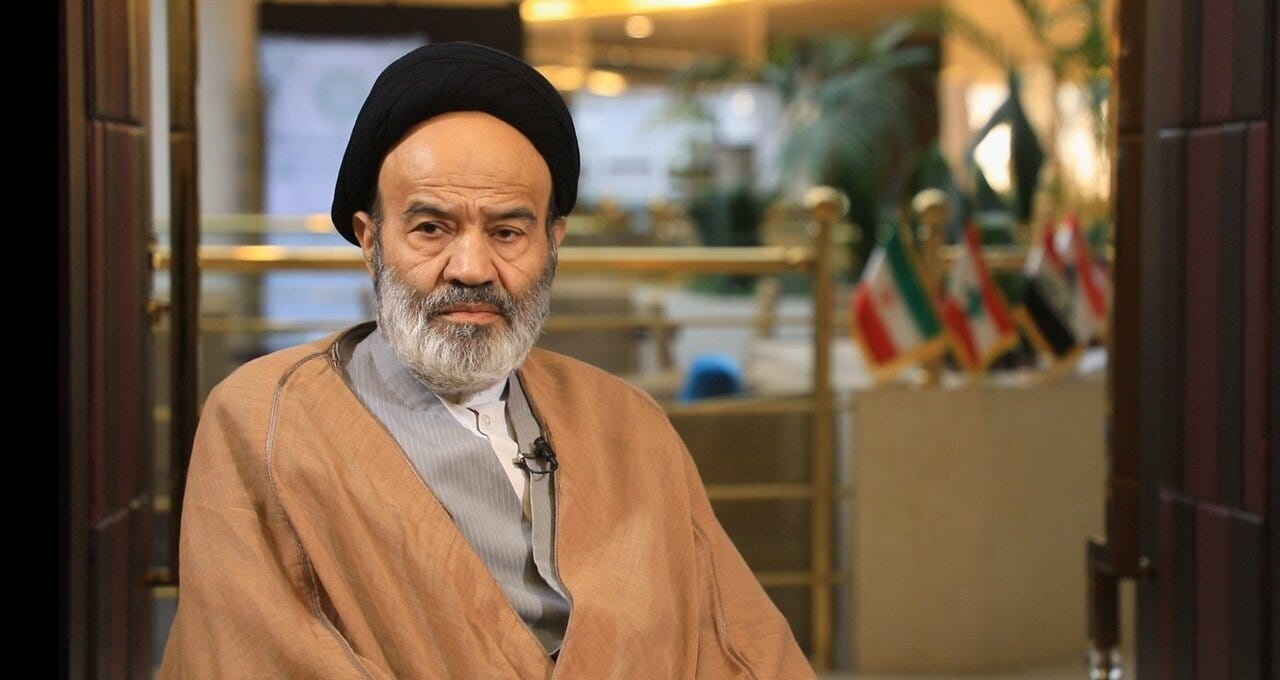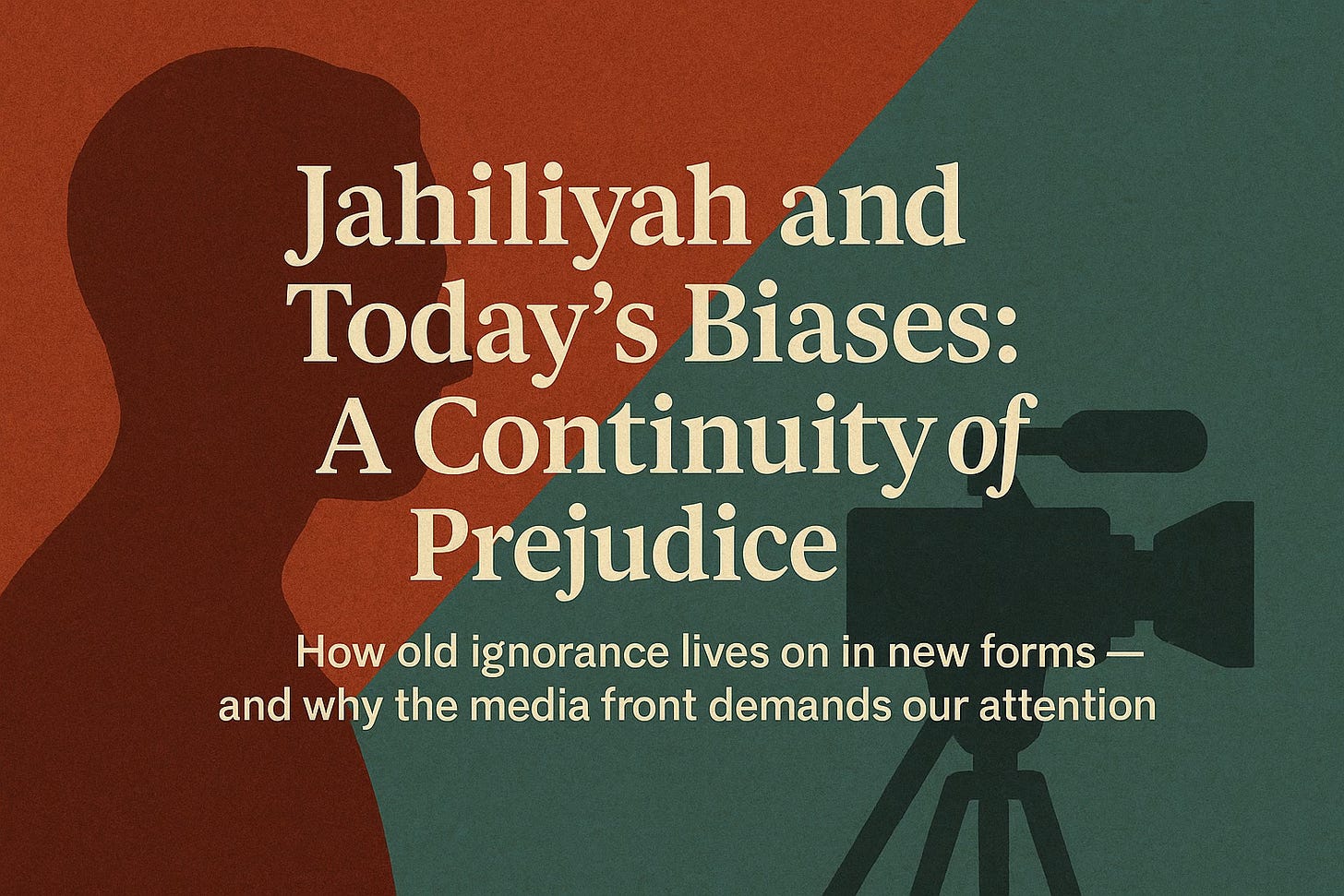Jahiliyah and Today’s Biases: A Continuity of Prejudice
How old ignorance lives on in new forms — and why the media front demands our attention
In a recent address, Hojat al‑Islam Navvab, Secretary of the Supreme Council of the AhlulBayt (A) World Assembly, drew a powerful parallel between the prejudices of the Jahiliyah era and modern‑day discriminatory mindsets — arguing that what we label “ignorance” often masks deeper, more insidious biases.
Revisiting Jahiliyah: More than Illiteracy
Navvab reminded listeners that in pre‑Islamic Arabia, the practice of burying daughters alive was not necessarily the act of uneducated barbarians. He cautioned against equating jahili simply with illiteracy. Many of those who committed such atrocities travelled widely — to Persia, India, China — conducting trade, encountering peoples, languages, and ideas. In other words, they were not oblivious to the world, but blinded by prejudice.
He stated:
“They were not ignorant but prejudiced.”
The point is that ignorance, in this sense, does not refer to lack of knowledge — it is a refusal to see beyond one’s biased lenses.
Today, he warned, something eerily similar persists. Educated individuals, he argued, can still be captive to prejudice. He pointed to prominent Americans with Ivy League pedigrees who, he says, remain ensnared in Zionist narratives. Their credentials do not protect them from distortion; their minds have been shaped by forces beyond scholarship.
The Media Battlefield: Where Control Equals Power
Navvab emphasised that in today’s interconnected age, the media front is as pivotal as any military front. The key difference: it is persistent, pervasive, far-reaching.
Ubiquity: From social media to 24/7 news networks, media infiltrates every sphere of life, reaching young and old alike.
Precision: With modern technology, messaging becomes sharper, more targeted, more persuasive.
Control: He advanced the claim that major global media outlets are under Zionist control, sanitising narratives, concealing crimes, muffling voices of the oppressed.
Because of this, Navvab insisted that the struggle for narrative control is indispensable. He urged his Assembly: if necessary, suspend all other efforts to focus on building a global media presence. The power of media, he said, is such that a single message, well-placed, can influence millions.
Why This Lesson Matters for Us
Beware of over‑confidence: Education and credentialing do not immunize one against bias. Recognising internal prejudice is a continuous challenge.
See behind the screen: Question mainstream narratives, explore alternative perspectives, expose hidden agendas.
Invest in the media front: Whether via journalism, social media, video content, or grassroots communication — shaping how information is shared can shift public consciousness.
In drawing a line from Jahiliyah to modernity, Navvab invites believers to see that the battle is not just external, against false narratives imposed from without — it is internal, to purify our own lenses and reassert voices that have long been marginalized. For the war for hearts and minds may well be fought first on digital fronts, and only later in the streets.
Source: ABNA



